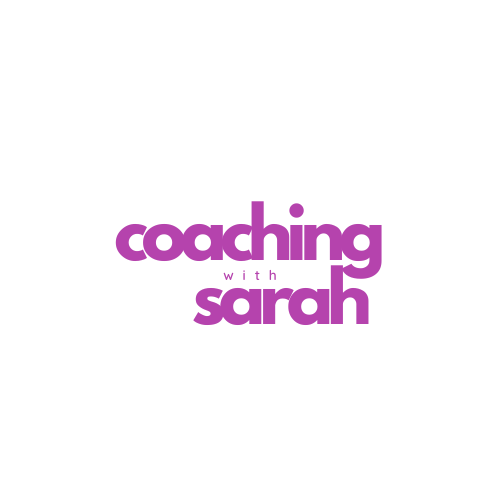Are you willing to see masculinity in a new way?
/I'm tired of men getting generally beat up in the media these days. Maybe you're like me and you're really struggling with the daily onslaught of news about accusations made against male celebrities that are abusing their positions of power. It makes me wonder if men are safe to be around.
And that thought hurts my heart. Today, I write from a place that hopes for understanding and partnership between the sexes, and I hope to provide you with some ways to move towards change.
I am having a lot of conversations about Toxic Masculinity. The men I talk to are deeply ashamed of the behavior of other men. They are getting angry for bearing the burden of being the good guy and fighting on behalf of the ones that ARE good. Or they are just shutting down, feeling helpless at the whim of the media and the culture sweep against men.
If I know anything about men it is that they care deeply, especially about the women that are important to them. They are tender-hearted, and want nothing more than to protect women from harm.
You would just never know if because of the masks they wear to protect themselves.
This Thanksgiving, in addition to brining the pie to the dinner table, I would like to also bring compassion, appreciation, and understanding.
The word "masculine" has become associated with the word "toxic," which makes us think it is bad to be masculine. That could not be farther from the truth. We need masculine energy, as much as we need feminine energy. Both types are important.
Who be clear, when I speak about masculine energy I am generally referring to men. It is true that both men and women contain masculine and feminine energy, and choose which to bring forward more often. But for right now, I am referring to masculine and men in the same way.
My working definition of masculine is that masculine energy stands for structure, drive, and goal-oriented focus. They are singularly focused on their goal, and they are internally motivated to achieve it. Masculinity wants to be respected for his thoughts and his ability to provide. It is about production, accomplishment, and assertiveness.
In our culture, masculinity represses and denies their full range of emotions because we have made it unsafe for them to do so. We accept anger over sadness as the acceptable male emotion. Think of all the lessons boys get at a young age that they aren't allowed to show emotion or cry when they are feeling scared or vulnerable. That's not allowed.
It causes them to repress these emotions, stuff them away, and ultimately disconnect from their sense of self.
Disconnection has horrible effects, and we are seeing it everywhere in the news -- irrational violence and anger, sexual aggression and domination, abuse of power. This does NOT have to be the norm, and it is NOT the definition of masculine. It is an effect of a cause that we created.
We can start to reverse the effect by getting curious and being open to holding space for the masculine to remove their mask and find connection. As women, we can support this with compassion, which is one of our greatest gifts we can offer.
Here is how:
Bring Curiosity and Patience this weekend. (Caution: Because we are not used to showing up this way for men, we may need to bring extra helpings of both.)
I encourage you to look at the men in your life with a curious eye. Ask yourself, how are they showing up for me? What if he has a good reason for doing what he's doing?
If you feel really open, ask a man that very question. Observe his behavior, and if it is confusing to you, ask. Say: "I see you are doing X, and I know you probably have a good reason for that. Can you help me see the reason?"
It's simple, but it isn't always easy. Curious and patient is how I strive to show up daily, but it doesn't always work out that way. But I am committing to it this weekend. I want to let masculinity have its space to show up AS IS, because that also makes room for femininity to show up as is because BOTH have a place in this world.
To be continued...
Here's your challenge: Tell me in the comments. What are your intentions for this Thanksgiving weekend? What are your big takeaways from this post? How can you see one man in your life differently?
PS. This blog post was inspired by this cartoon sent to me by one of my dearest friends. (thanks for the inspiration for writing this!) And if you’re willing to laugh at yourself for how we pick on men and make them wrong, here is the brilliant Rachel Bloom and the females of Crazy Ex-Girlfriend singing Let’s Generalize About Men.

